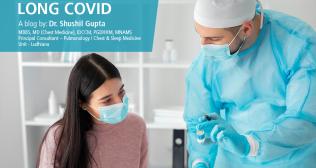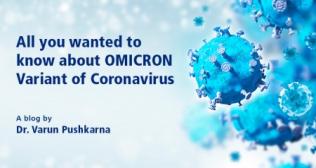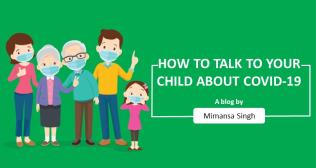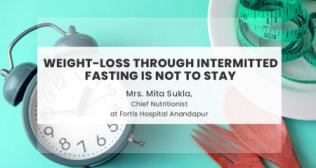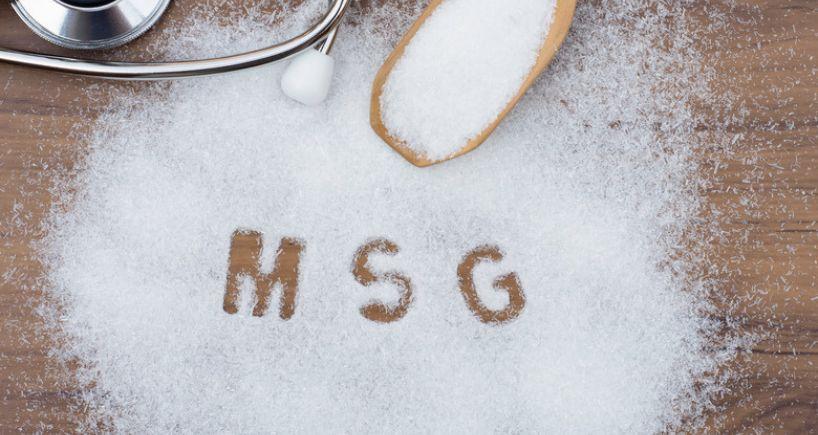
MSG Explained: Is It Harmful?
Monosodium Glutamate, commonly referred to as MSG, has been a controversial ingredient in packed food items for decades. MSG is widely employed to enhance flavour in many of packaged food items, restaurants and fast foods. Often appreciated by people for its ability to enhance flavour, concerns rise about its safety denouncing it for causing Chinese Restaurant Syndrome like – obesity, headaches, and other symptoms like metabolic disorders, neurotoxic effects and undesirable effects on reproductive organs. The concern associated with these effects are lack of adequate scientific effects highlighting its potential harms.
What is MSG?
MSG is a chemical compound which is derived from glutamic acid, a naturally occurring amino acid in tomatoes, cheese and mushrooms. In appearance, it is a white crystalline substance in nature, and resembles like table salt or sugar and employed as flavour enhancer to intensify one’s basic tastes such as – sweet, sour, salty and bitter.
MSG was discovered back in 1908 by a Japanese chemist who isolated glutamic acid from seaweed and came across that it was responsible for tangy flavour in foods. This led to commercial production of MSG as a food enhancer with no added calories.
Role of MSG in food:
MSG works by interacting with taste receptors on the tongue making food flavours more complex and satisfying. Hence, its presence is often seen in processed foods like readymade soups, packaged snacks, canned vegetables and fast foods. Asian cuisines are well known to have MSG in their broths and sauces for boosting up their richness.
On a restaurant setting, food manufacturers and chefs use MSG as an effective reagent to improve food flavour without relying much on salt or added fats. MSG has significantly reduced sodium content of food by 35-40%, maintaining its taste alongside.
MSG and Chinese Restaurant Syndrome:
Concerns and debates regarding safety of MSG began in 1968 when Dr. Robert Ho Man Kwok reported in a letter published in New England Journal of Medicine. In his letter he described symptoms such as headache, flushing, and numbness after eating at Chinese Restaurants and hence he coined the term, “Chinese Restaurant Syndrome”. This led to a widespread anxiousness about MSG and its potential hazardous health effects.
For several years, hypocritical evidences and personal experiences geared up negative opinion on MSG. People reported to have experienced headaches, sweating, chest pain after consuming food items with MSG in it. Thus, many restaurants to safeguard their business started terming “No MSG” in their menu which resulted in increased suspicion towards this additive.
Scientific Side to MSG:
Despite the fact that MSG has caused widespread concerns, researches have predominantly disapproved the hypothesis that MSG is harmful to most of the people. Several researches were done in order to prove positive association of MSG use and its associated symptoms and majority of findings were consistent of the fact that, MSG when consumed in normal amounts is safe.
The U.S. Food and Drug Administration (FDA) labels MSG as “generally recognized as safe” (GRAS), and many other healthcare organizations including World Health Organization (WHO) and European Food Safety Authority (EFSA), upon their independent inspections have concluded that MSG is not a health hazard for general population.
In 2000, a double blind, placebo-controlled trial was conducted and published in Journal of Nutrition. This study that follows gold-standard design in clinical research inferred that no consistent evidences that links MSG consumption to the symptoms associated with “Chinese Restaurant Syndrome”. The study also reported that a small percentage of population who has sensitivity to MSG, experienced mild symptoms after consuming significant amount of MSG, and such cases were rare and the symptoms were short-lived.
MSG in a Balanced Diet:
For the majority population, MSG has been a part of their balanced diet without causing much health hazards. Besides the fact that it enhances flavours without extra calories, it even helps reduce salt/fat needed in recipes bestowing to a healthier eating habit.
Having claimed that MSG can contribute to healthier eating habit, its is essential to consider that these flavourful foods might not always be most nutritious choices. The overall health concern should more focus on quality of one’s diet rather than driving attention on MSG as loci. As always believed, traditional unprocessed food like fruits, vegetables and lean proteins are best for long-term healthier life.
Rare but Attention-Seeking Sensitivity and Allergic Reactions:
In spite of proven safe for the majority, few individuals have reported to be sensitive to it. Concentration of MSG beyond a trigger point have led to symptoms such as headaches, flushing, or chest congestion. These reactions are referred to as MSG sensitivity or MSG intolerance. This is more evident in individuals with difference in glutamate metabolism.
It is important to drive one’s attention that these reactions are not reactions of allergy as they don’t involve immune system. On suspicion if one finds sensitive to MSG, it is better to avoid food items containing MSG in large amounts so that these symptoms are not evidenced.
Is MSG something that I should worry about?
The stigma surrounding MSG has been persistent for decades and this is largely supported by hypocritical comments, unscientific conclusions and wide spectrum of misconceptions. However, scientific researches have underlined the fact that MSG is generally safe for a wide range of population when consumed in typical amounts. For individuals who are sensitive, the symptoms may be mild, transient and self-resolving.
To sum up, MSG is not something which deserves bad reputation as it is garnished. Instead of driving one’s attention on considering MSG as an additive, people should consider in adopting a balanced diet as moderation is key for a well-rounded eating plan.
Popular Searches :
Hospitals: Cancer Hospital in Delhi | Best Heart Hospital in Delhi | Hospital in Amritsar | Hospital in Ludhiana | Hospitals in Mohali | Hospital in Faridabad | Hospitals in Gurgaon | Best Hospital in Jaipur | Hospitals in Greater Noida | Hospitals in Noida | Best Kidney Hospital in Kolkata | Best Hospital in Kolkata | Hospitals in Rajajinagar Bangalore | Hospitals in Richmond Road Bangalore | Hospitals in Nagarbhavi Bangalore | Hospital in Kalyan West | Hospitals in Mulund | Best Hospital in India | | Cardiology Hospital in India | Best Cancer Hospital in India | Best Cardiology Hospital in India | Best Oncology Hospital In India | Best Cancer Hospital in Delhi | Best Liver Transplant Hospital in India
Doctors: Dr. Rana Patir | Dr. Rajesh Benny | Dr. Rahul Bhargava | Dr. Jayant Arora | Dr. Anoop Misra | Dr. Manu Tiwari | Dr. Praveer Agarwal | Dr. Arup Ratan Dutta | Dr. Meenakshi Ahuja | Dr. Anoop Jhurani | Dr. Shivaji Basu | Dr. Subhash Jangid | Dr. Atul Mathur | Dr. Gurinder Bedi | Dr. Monika Wadhawan | Dr. Debasis Datta | Dr. Shrinivas Narayan | Dr. Praveen Gupta | Dr. Nitin Jha | Dr. Raghu Nagaraj | Dr. Ashok Seth | Dr. Sandeep Vaishya | Dr. Atul Mishra | Dr. Z S Meharwal | Dr. Ajay Bhalla | Dr. Atul Kumar Mittal | Dr. Arvind Kumar Khurana | Dr. Narayan Hulse | Dr. Samir Parikh | Dr. Amit Javed | Dr. Narayan Banerjee | Dr. Bimlesh Dhar Pandey | Dr. Arghya Chattopadhyay | Dr. G.R. Vijay Kumar | Dr Ashok Gupta | Dr. Gourdas Choudhuri | Dr. Sushrut Singh | Dr. N.C. Krishnamani | Dr. Atampreet Singh | Dr. Vivek Jawali | Dr. Sanjeev Gulati | Dr. Amite Pankaj Aggarwal | Dr. Ajay Kaul | Dr. Sunita Varma | Dr. Manoj Kumar Goel | Dr. R Muralidharan | Dr. Sushmita Roychowdhury | Dr. T.S. MAHANT | Dr. UDIPTA RAY | Dr. Aparna Jaswal | Dr. Ravul Jindal | Dr. Savyasachi Saxena | Dr. Ajay Kumar Kriplani | Dr. Nitesh Rohatgi | Dr. Anupam Jindal |
Specialties: Heart Lung Transplant | Orthopedic | Cardiology Interventional | Obstetrics & Gynaecology | Onco Radiation | Neurosurgery | Interventional Cardiology | Gastroenterologist in Jaipur | Neuro Physician | Gynecologist in Kolkata | Best Neurologist in India | Liver Transfer







